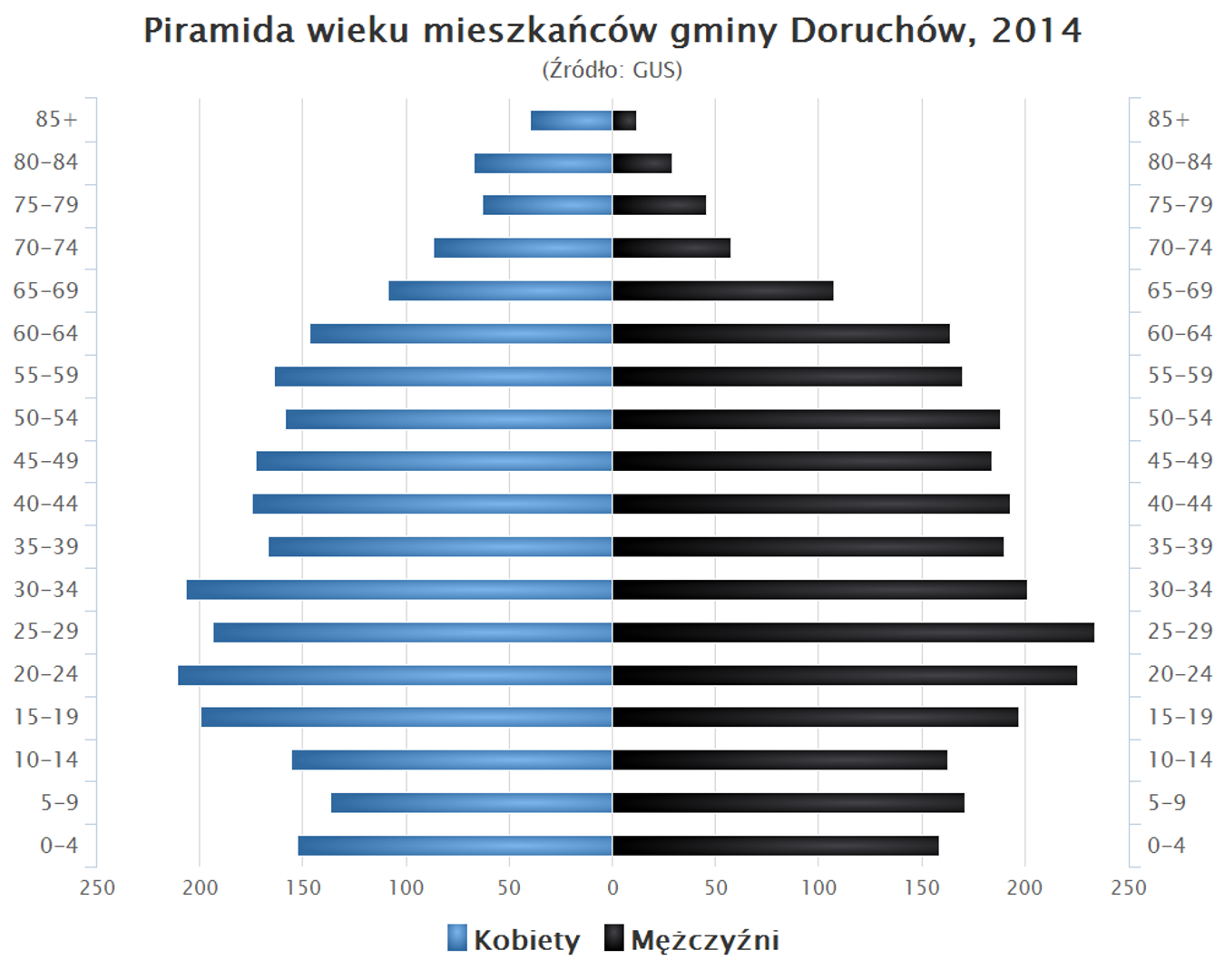Doruchów
6.52

Overview
Doruchów is a rural commune in the Greater Poland Voivodeship, within Ostrzeszów County, with a rich history dating far into the past. Its administrative seat is the village of Doruchów, and the commune covers an area of 9,933 hectares, of which 6,479 hectares are agricultural land. Between 1975 and 1998, the commune was part of the Kalisz Voivodeship. Demographically, in 2004, the commune was inhabited by 5,116 people, and by 2019, this number had increased to 5,383. Doruchów boasts numerous historical monuments and beautiful architectural structures, as well as natural monuments and reserves of unique plant species. The history of the commune reflects the turbulent events of the region, including the famine of 1699, cholera epidemics in 1710, and events related to the Second Partition of Poland in 1793, when Doruchów came under Prussian rule. In 1807, it became part of the Duchy of Warsaw, and after the Congress of Vienna, it was incorporated into the Grand Duchy of Posen. An interesting historical aspect is the participation of the 11th Greater Poland Rifles Regiment in the Greater Poland Uprising of 1919. During World War II, Doruchów became the site of tragic events, including the execution of 34 residents of Torzeniec by Wehrmacht soldiers. The commune authorities commemorated this by establishing a Memorial Room. It is also worth mentioning the witch trials that took place in the 18th century, when 14 women were tried and burned at the so-called Witches' Hill. These events were immortalized in films such as "Diabli nadali." Besides its significant historical events, Doruchów is also a natural site with two nature reserves: "Jodły Ostrzeszowskie" covering 8.96 hectares and "Pieczyska" spanning 5 hectares, both featuring unique ecosystems. The commune borders the communes of Galewice, Grabów nad Prosną, Kępno, Ostrzeszów, and Wieruszów, making it part of the diverse Greater Poland region. Doruchów is not only a place with a rich history but also a natural space where one can admire the beauty of nature and reflect on the tragic moments of the past.
Location
2026 Wizytor | All Rights Reserved